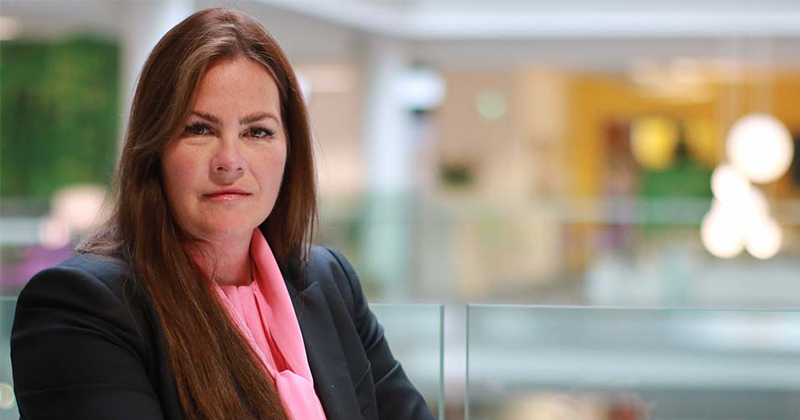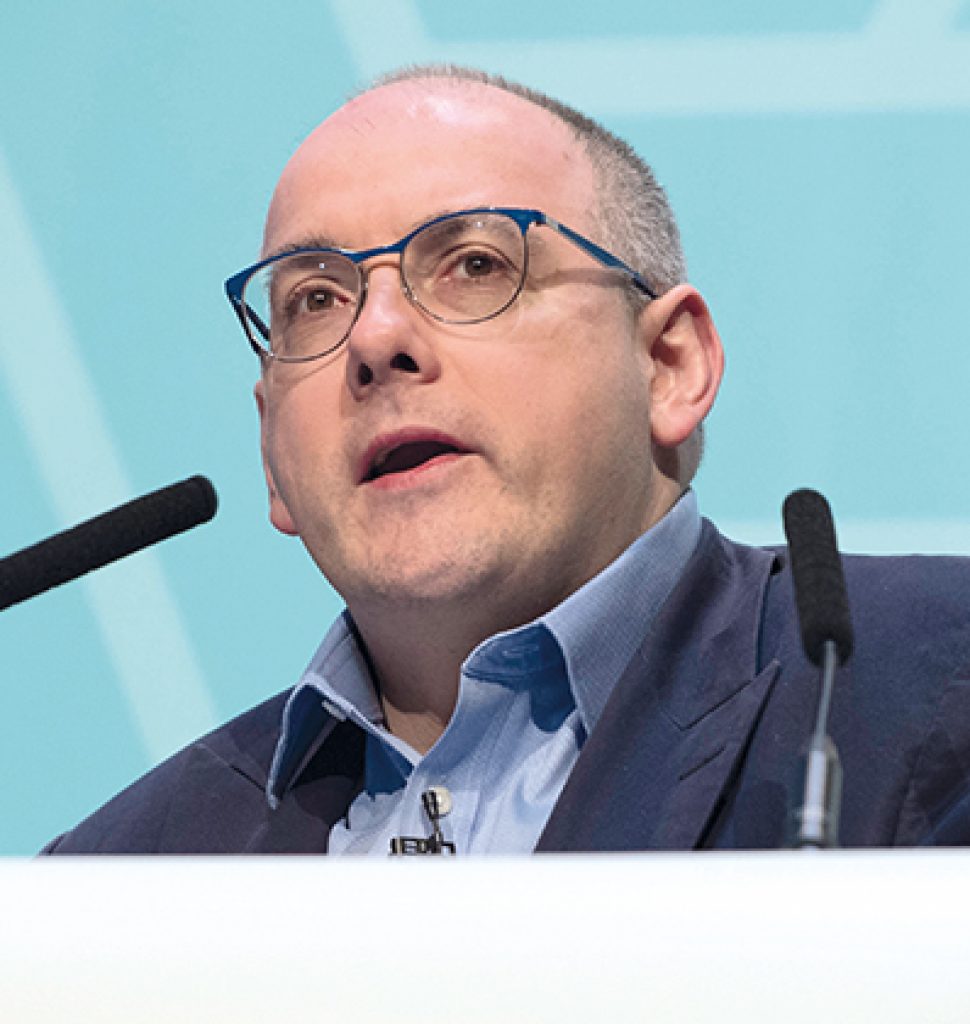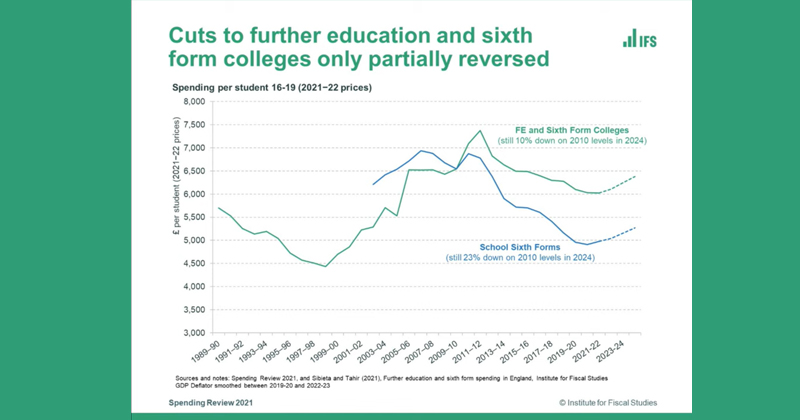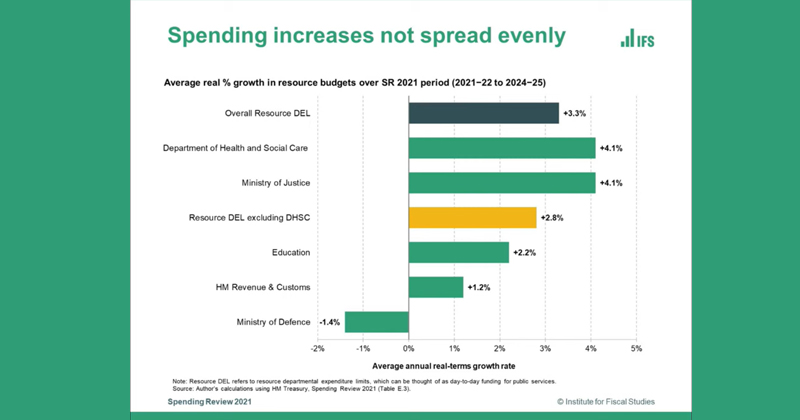The proposal for a level 2 business administration replacement is “some distance off” the quality bar for apprenticeships, a senior Institute for Apprenticeships and Technical Education official has said.
Chief operating officer Robert Nitsch told today’s Association of Employment and Learning Providers’ autumn conference he would not commit to giving the proposed standard a “rubber stamp at all”.
The institute has “had a look” at the proposal and while his quango is “not casting off” the trailblazer group, they will need to change it substantially to meet the quality threshold.
Following his speech, a spokesperson for the trailblazer group said it was “very disappointing” to hear Nitsch’s comments as “our direct contacts within IFATE have been nothing but supportive”.
They added that they “welcome the opportunity to continue working with them on this vitally important entry level standard”.
A “public sector organisation administrative assistant” standard at level 2 was put forward by a group of employers, including the NHS, earlier this year. It came after repeated bids for a level 2 business administration apprenticeship standard to replace the old-style framework were rejected.
Nitsch said today: “We’ve had a look at it and think there are some challenges with the proposition against the criteria we apply to an apprenticeship.
“We’ve suggested to the trailblazer that if they want it to come into the portfolio of apprenticeships it needs to be revisited.”
Challenged on whether the institute should meet the trailblazer in the middle considering the decline in 16 to 18 apprenticeships and level 2, Nitsch hit back: “I completely disagree with the pretext of that question.
“The idea is that there is a quality bar at which the apprenticeship entry starts and I do not think it is a question of meeting in the middle, that is the quality bar and any delivery needs to be above that.
“I think it is really important that we ensure there is a threshold at which quality marks out our apprenticeship system. Were we not in a place a few years ago where that eroded and fell away to the complete detriment to everybody in the system?”
Asked how much off the quality bar the trailblazer group was and what was specifically holding them back, the institute’s official said: “I think we’re some distance off.
“The first thing is there needs to be a clear occupation not a mismatch of things that people do. And I think there’s also got to be a sophistication in that occupation, that it is delivering at level two.”
There is a level 3 business administrator standard available, but employers have warned this is not the right entry point for many apprentices.
The Education and Skills Funding Agency previously highlighted the level 2 customer service practitioner standard as a potential replacement for the level 2 business admin framework, but admitted this will not fit all apprentices’ needs.
A spokesperson for the trailblazer told FE Week their next steps will be to work in partnership with the trailblazer group for the business admin level 3, as “we look to shape both standards to show a clear need for both, and a route for career progression”.
“The level 3 is not the right first step for those apprentices living in areas of deprivation who have been failed by our education system, or for those with challenging lives,” they added.
“The level 2 will provide social mobility, will help to diminish health inequalities and provide a real springboard for progression.”
It was Nitsch’s boss and IfATE’s chief executive Jennifer Coupland who drove the final nail into the level 2 business administration standard’s coffin in 2020, ahead of the framework being switched off in July that year.
At a last-chance meeting with employers in February 2020, Coupland said the employers’ proposal did not meet the requirements for an apprenticeship, namely the minimum 12-month duration rule.
Plans to replace the apprenticeship with an alternative began in October 2020.





